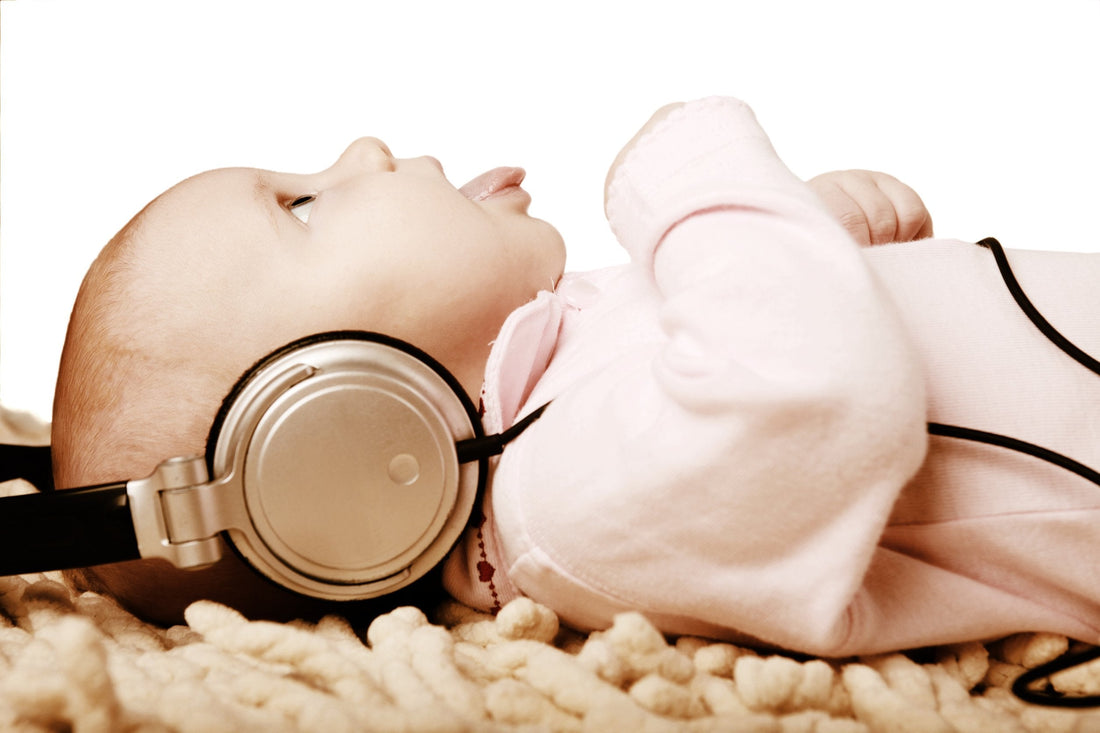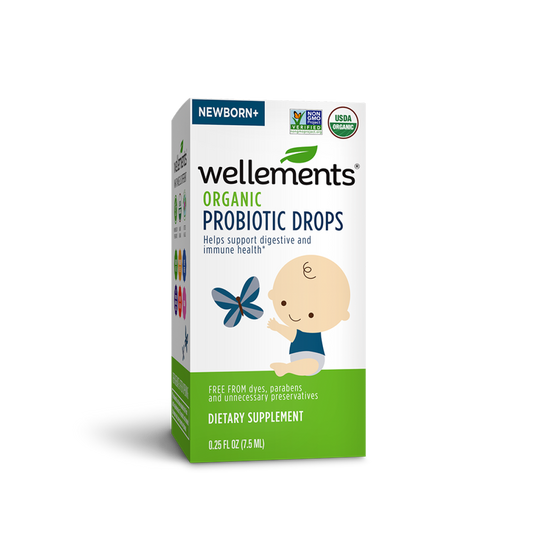How To Expose Your Baby To Music
| updated:Share

Music is an experience. Music has many benefits, whether you create your songs or prefer to listen. The beauty of harmony and melody is that you do not have to be an adult to enjoy or benefit from them.
Several studies discuss the merit of playing music for children in the first year of life and beyond. All music can help children learn, grow, and excel, from improving moods to deciphering patterns. From classic to rock and everything in between, every genre of music has something to offer you and your child.
Why Is It Important for Your Baby To Listen to Music?
Music helps babies and children synchronize a rhythm. Synchronization contributes to higher-level executive functions, such as memory, focus, and organization. Additionally, by focusing on patterns in music, children can better detect patterns in sounds, including language, possibly improving their speech centers.
Beyond the developmental benefits of music, it also contributes to emotional recognition. Children can tell when a song is happy or sad. Regardless of the emotional experience, all music is potentially cathartic, even for infants. Music can soothe and excite, helping children get in touch with their feelings.
What Makes Music Magical to Children?
Babies can seem enthralled with music like it is the most fascinating thing their little ears ever experienced. As adults, it is challenging to comprehend such amazement and excitement, but that's because music is nothing new. To a baby, music is a fresh experience.
Babies experience music as a new language pattern. The inflections and rhythms all tie together, making something beautiful. For a baby, music is a new language. If parents take the time to expose children to the beauty of music, they often develop a stronger bond.

Singing to Your Baby
While music can become a beautiful component of you and your child's life, it is challenging to incorporate it into your schedule. The hustle and bustle of life can interfere with what you would like to do, which is why scheduling is best. For instance, many parents sing their children to sleep with a lullaby.
Find times during your day to fit music into another activity. If you do not have time consistently, try signing up for a singing class for parents and children. Also, don't think you have to wait to sing to your child until they are born. You can sing while pregnant, too, because hearing is one of the first senses to develop.
3.8 /
5.0
(118)
118
total reviews
Probiotic Drops
Sale price
$29.99
Dancing With Your Baby
Music is a fantastic way to practice dexterity. You can dance with your baby, bouncing and moving your arms to the beat. You can also sing songs incorporating hand movements, like "Twinkle, Twinkle."
As your baby grows and begins mimicking sounds and words, they will start to sing along. You can also teach words and phrases about the music, like the instruments. Ultimately, music can provide education beyond rhythm.

Incorporating Music Into Daily Activity
Music can help your child develop healthy habits. Preschools incorporate clean-up songs and sing-a-longs about handwashing. You can create songs about brushing your teeth, getting dressed, taking a bath, etc. Songs help a child organize their thoughts and remember important information.
Incorporating music during routine and daily activities can also help your child's language skills. Music teaches inflection and pronunciation. It also teaches rhythm and timing.
Music is a vital component of early childhood development. However, it is not the only necessary element. Like music, proper nutrition should be incorporated into your child's daily activities. Wellements offers certified-organic supplements to ensure your child gets all essential vitamins and nutrients.



